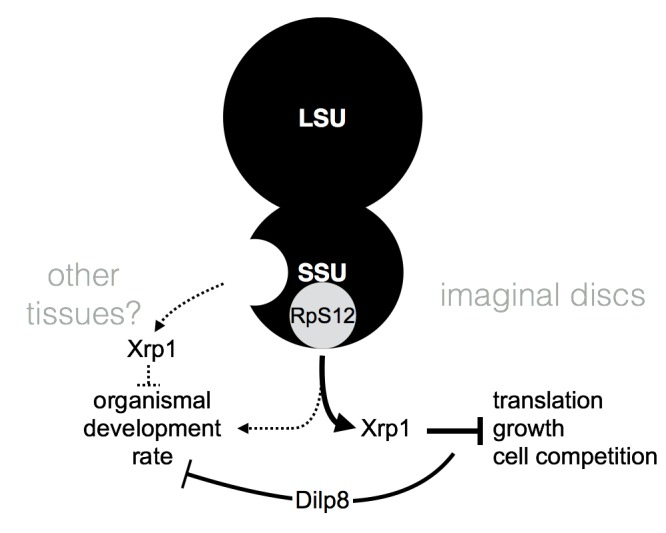Fig 8. Model for regulatory effects of Rp mutations.

When one of the many haploinsufficient Rp is limiting, an RpS12-dependent signal is activated that elevates Xrp1 expression, inhibiting imaginal disc cell translation and growth and making Rp+/- cells less competitive. Analyses of imaginal disc gene expression and genetic epistasis studies provide compelling evidence that RpS12 acts through Xrp1 in imaginal discs. Defects in imaginal disc growth delay overall organism development, which may depend on Xrp1-dependent signaling by Dilp8 [21]. Other data suggest that RpS12 also contributes positively to the rate of development, independently of Minute Rp mutations, and that Minute Rp mutations and Xrp1 may also slow organism development independently of RpS12.
